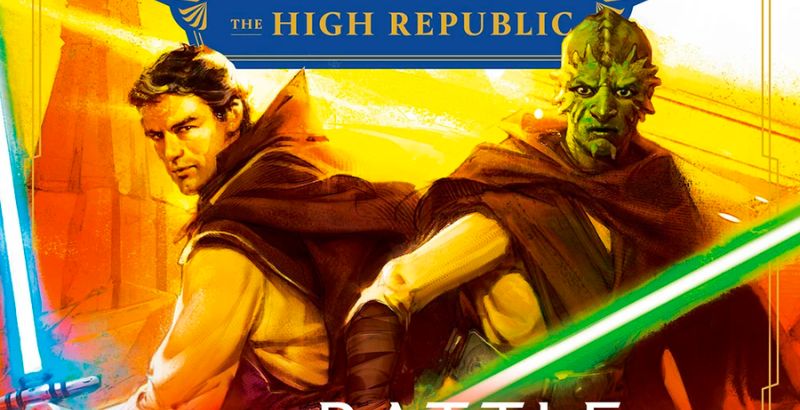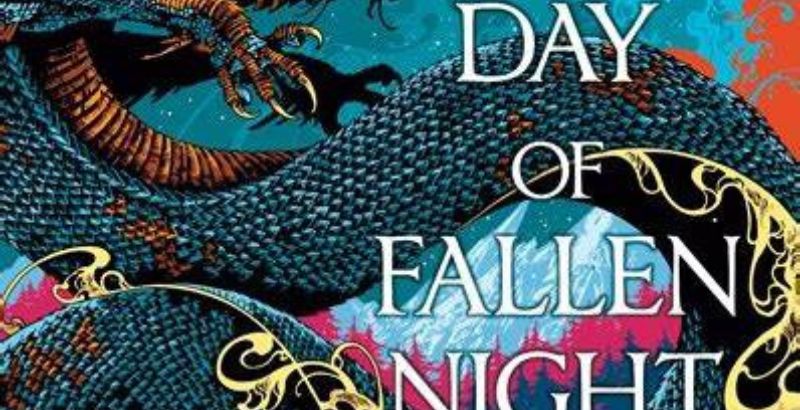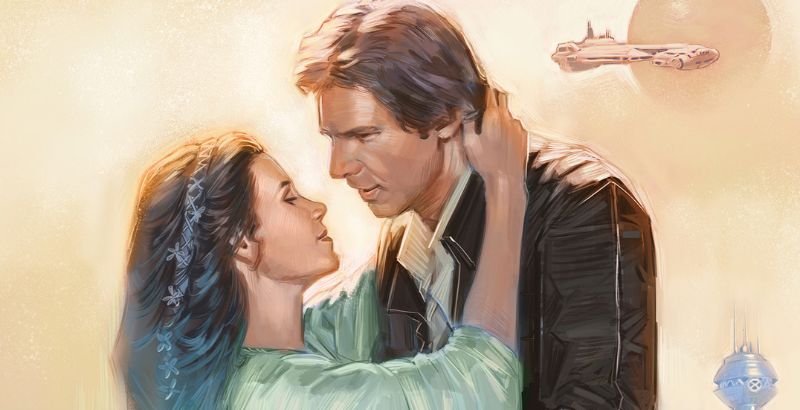
Every book in the Rick Riordan Presents imprint tells modern stories of myth and legend from around the world. Its diverse and impressive roster of authors bring their unique backgrounds and experiences to the table, and Chadda is no exception. In City of the Plague God, Chadda tells the story of Iraqi children burdened by generational trauma from not only the recent two decades of war but millennia of empires rising and falling over their ancestors’ homeland. Today, they are Muslim kids whose only home they’ve ever known has been New York City. But their connection to the Fertile Crescent is older than Islam.
The way Chadda blends so naturally Sik and other characters’ modern identities and senses of home with their familial identities and home is flawless. From the seemingly crass jokes about Shock and Awe sauces too spicy for mortals to handle to Mo’s absolute obsession with the epics of Gilgamesh and the ancient gods of Mesopotamia, the children and teens of City of the Plague God are uniquely and unequivocally first-generation Gen Zers.
It was sometimes hard to gauge how old Sik and Belet are meant to be. While this is a common issue of middle grade and young adult books featuring what boils down to child soldiers, it feels especially true in City of the Plague God. Between the image on the book’s cover, the fact that Belet is a master sword handler, and they speak with rather adult elegance, these pre-teens could easily be mistaken for older teens or young adults. When lined up next to older teenagers, their ages are more clear, but on their own, you’d be forgiven for assuming Sik and Belet were much older than they are.
The pacing in general in City of the Plague God was tough. Much of the plot for the first half of the book felt haphazard and almost difficult to follow. My attention was not well-kept until more than midway through the story. I was ultimately glad I stuck around because the second half pulls through. But I was disappointed that a significant chunk of the book is missing Belet, despite the great moments this portion does offer Sik on his own.
The main cause for my issue with the pacing is simply that the book takes far too long to capitalize on its mythological grandeur. Ishtar, Nergal, and his demons are introduced right away, but nothing new gets introduced in the mythological department for the next couple of hours’ worth of reading. Had City of the Plague God been more consistent with its incorporation of myth, it would likely have helped the first half feel less of a slog.
I absolutely love that City of the Plague God includes many better-known aspects of the Epic of Gilgamesh and ample material from other Mesopotamian myths and legends. The book shines its brightest when it introduces readers to those stories through the eyes of Sik. He reveres his late brother, who adored all things myth and legend from his ancestral homeland. So when Sik experiences things he recognizes from his brother’s stories, you can’t help but be enamored by them yourself. What is a bit less than thrilling from time to time is the repeated references to Western myths and legends. While I can appreciate that these are brought up to help unfamiliar audiences draw correlations between stories and gods, I feel like it may end up doing some unintended whitewashing, whereas those elements would certainly have been able to stand on their own without it.
City of the Plague God’s greatest strength is how it portrays its themes of home and grief. Sometimes examined independent of one another, but often in the same breath, Chadda can express these themes maturely for his young audience and older readers alike. The relationship between Sik and Belet also feels very realistically pre-teen in how they bicker, don’t always rebound so quickly, and are very quick to find themselves attached to one another over their shared experiences and traumas.
City of the Plague God took a long ramp to get going, but it’s definitely worth the build-up. The way it depicts the first-generation pre-teen is spot on, and its exploration of home and grief are poignant, even if the pacing is not always great, and it awkwardly leans on Western myths and legends for points of reference. Nonetheless, Chadda’s ability to make the reader feel as awed by the ancient myths of Mesopotamia through Sik’s eyes is masterful.
City of the Plague God is available on January 12th, wherever books are sold.
City of the Plague God
TL;DR
City of the Plague God took a long ramp to get going, but it’s definitely worth the build-up. The way it depicts the first-generation pre-teen is spot on, and its exploration of home and grief are poignant, even if the pacing is not always great, and it awkwardly leans on Western myths and legends for points of reference. Nonetheless, Chadda’s ability to make the reader feel as awed by the ancient myths of Mesopotamia through Sik’s eyes is masterful.






